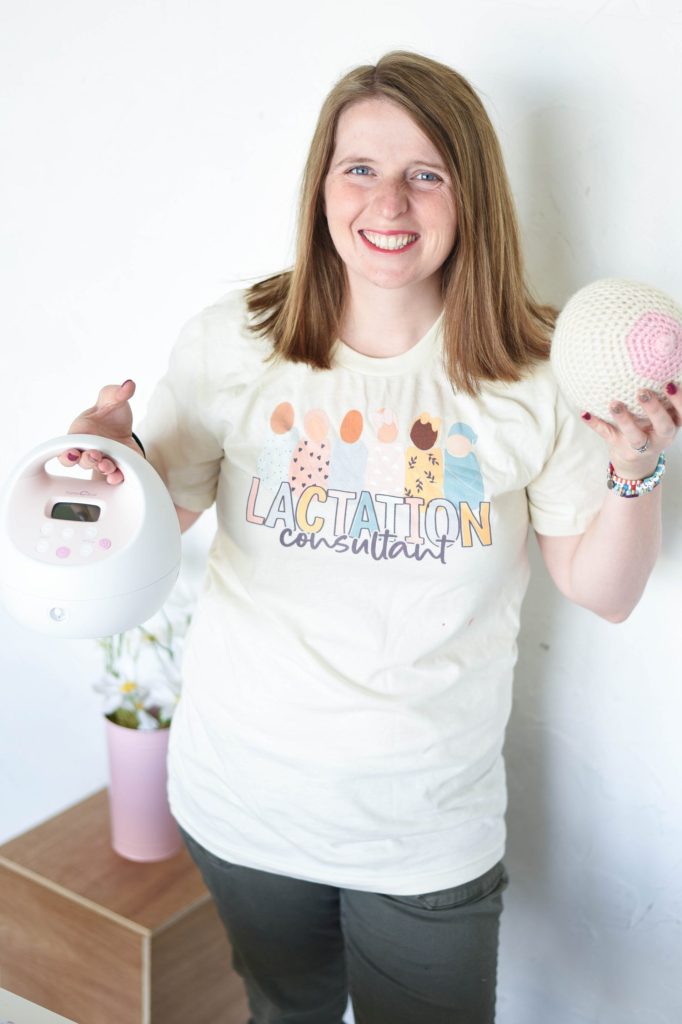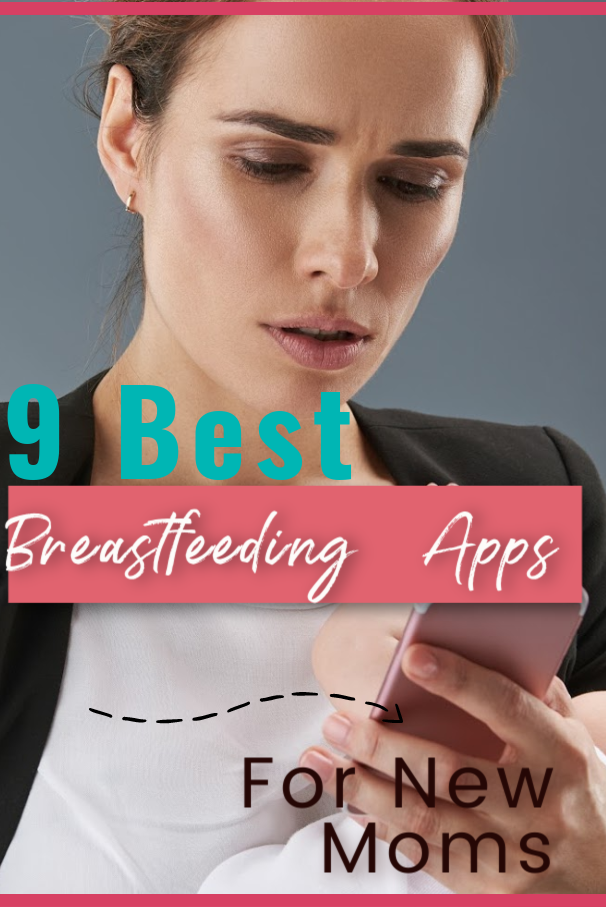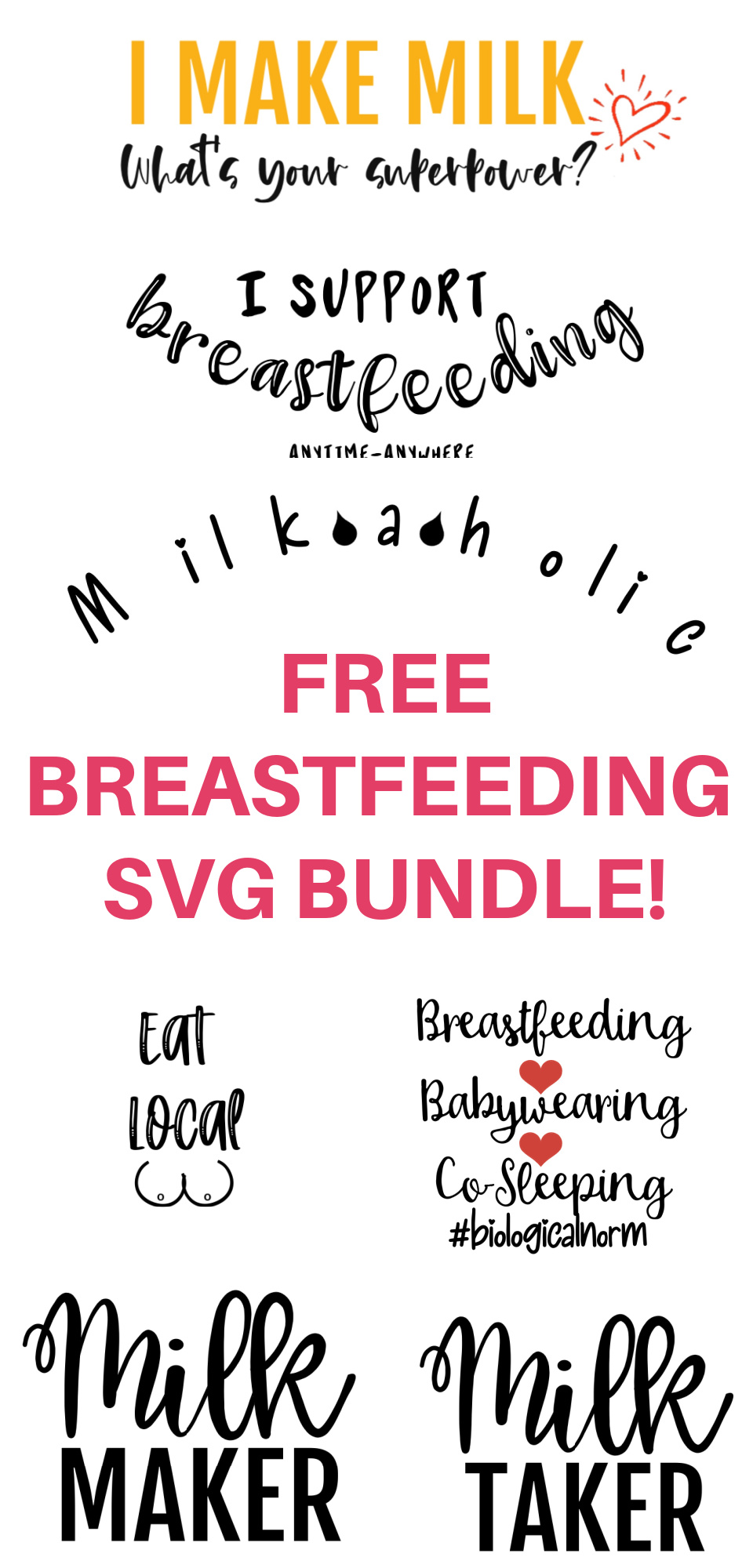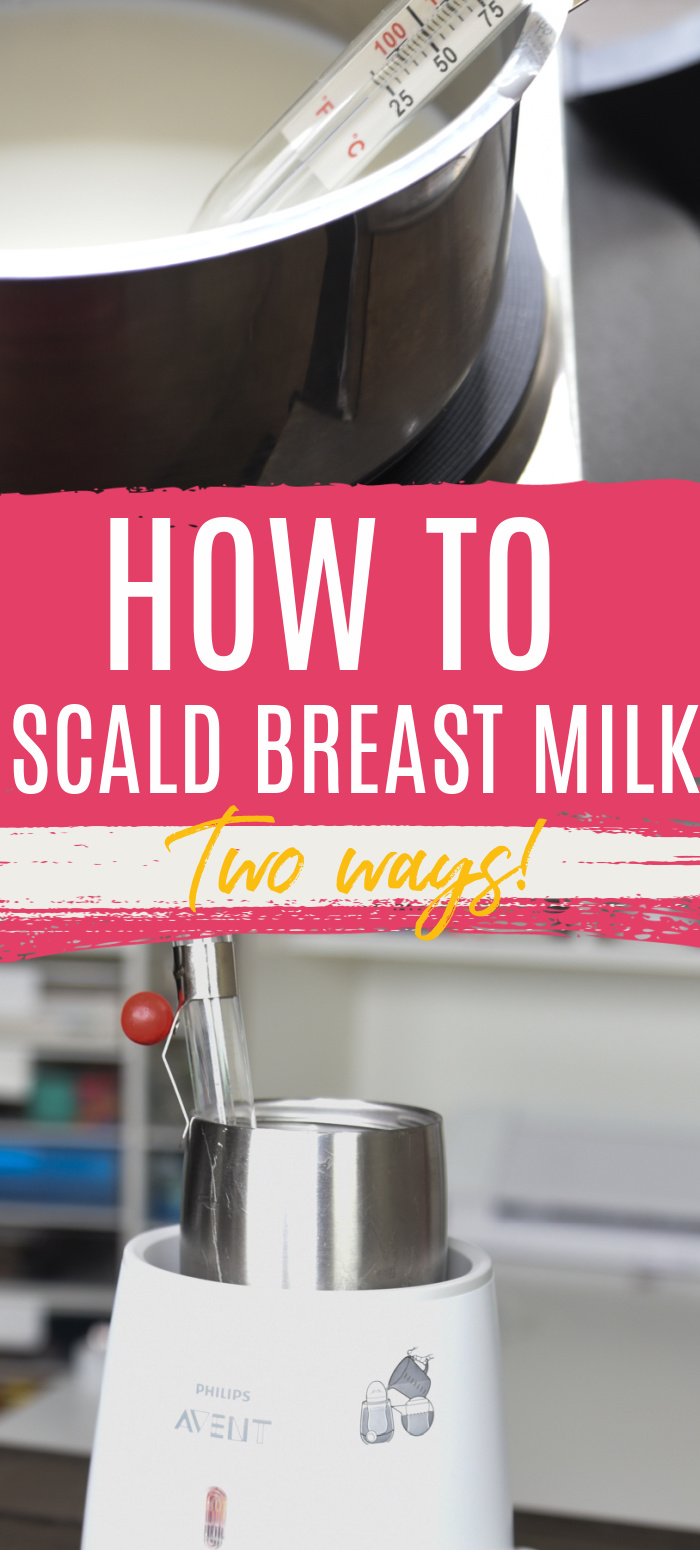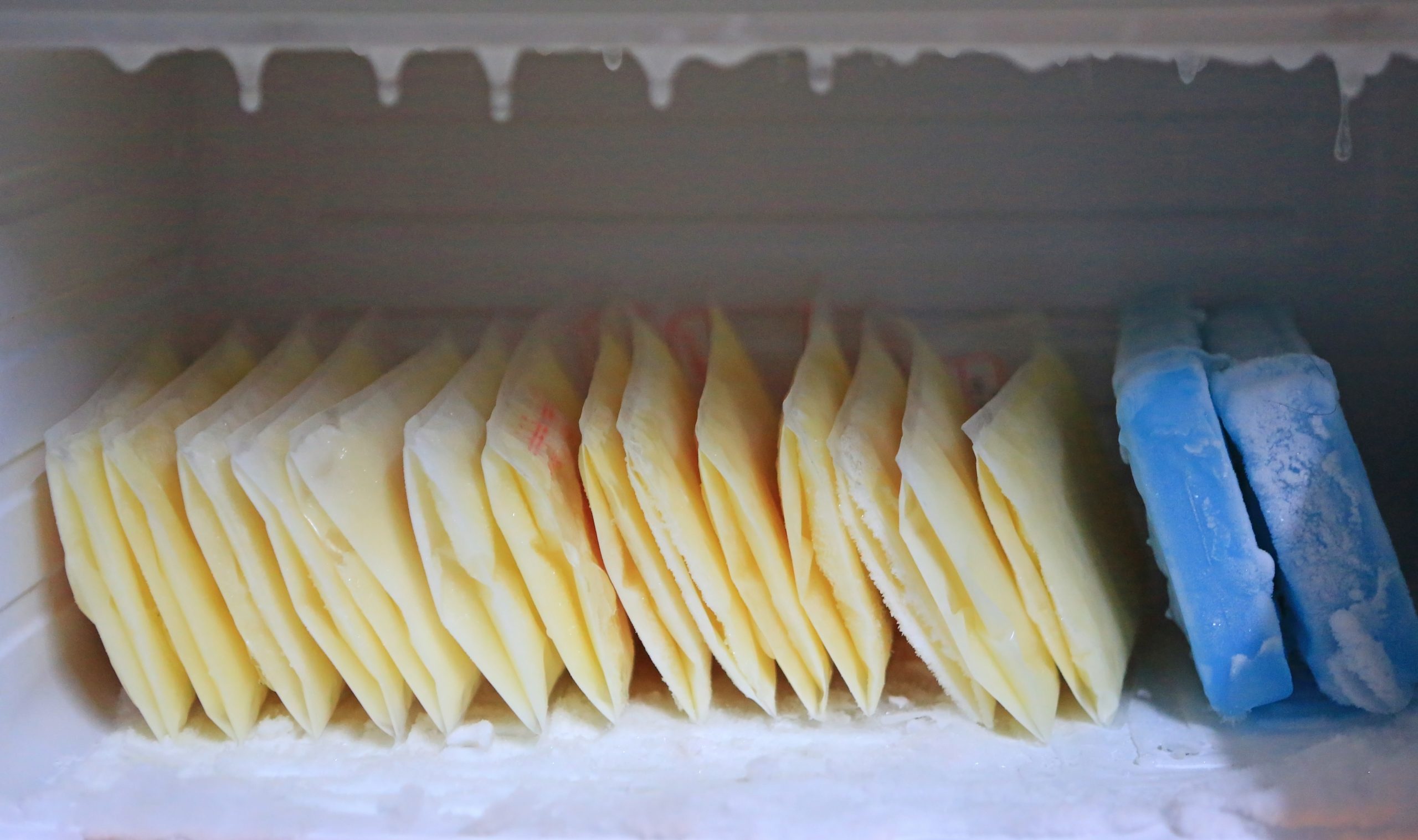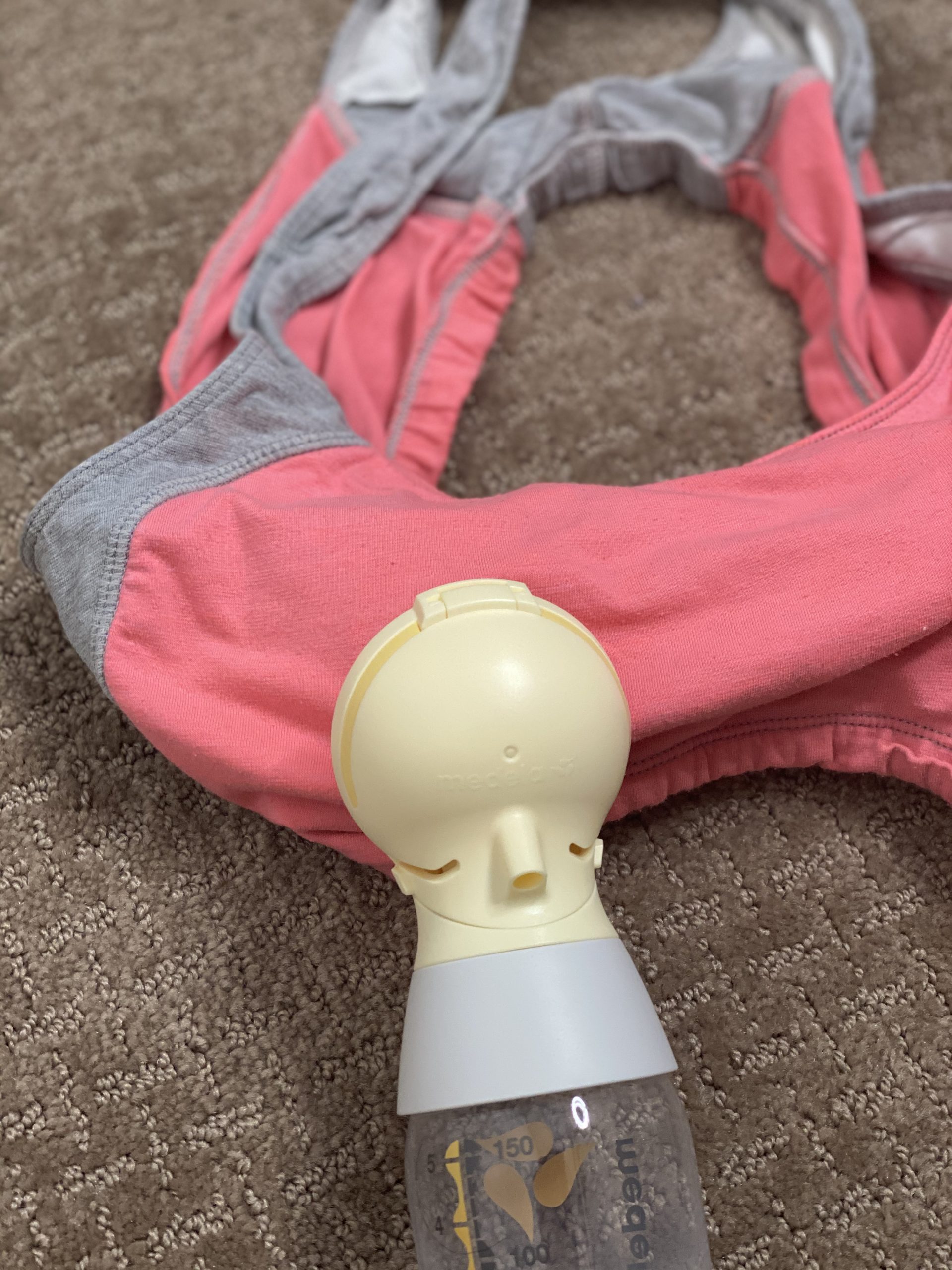Hydration is crucial for everyone, but it’s even more important when you’re breastfeeding. The best way to ensure that your body has enough fluids is to drink water throughout the day! But how much water should you drink and what about other beverages? To make sure that you’re getting all of the hydration you need, here is everything you need to know about how much water you should drink while breastfeeding.

It is important for breastfeeding mothers to stay hydrated while breastfeeding. However, this can get challenging when they are breastfeeding as they need to feed the baby every few hours – you sometimes forget about yourself! This can lead to a feeling of dehydration as well as lower energy levels and an increased chance for urinary tract infections or constipation.
But how much water do you actually need? Can you drink too much water as a breastfeeding mother? What it safe for breastfeeding especially when you do your daily workout and you need to refill?
This article will give some tips on how mothers can stay hydrated while breastfeeding in order to continue the process successfully and without any challenges – along with advice on how much you actually need.
- Does Breastfeeding Make You Thirsty?
- How Much Water Should I Drink While Breastfeeding?
- Can Overhydration Affect Breastfeeding?
- Water for Hydration
- Water Alteranatives
- Foods Rich in Water Content That You Can Eat
- Ways to Stay Hydrated While Breastfeeding
- What if I’m Not Drinking Enough?
- More Posts You May Enjoy

Need a fun way to remember to drink water? Check out our “Liquid Gold” tumbler on Etsy!
Does Breastfeeding Make You Thirsty?
In general, breastfeeding mothers consume, on average, more fluids than no-breastfeeders. According to the Institute of Medicine, breastfeeding mothers consume about four cups more than non-lactating people.
The article does point out that this isn’t a baseline, as it can depend from mom to mom. However, many breastfeeding mothers (myself included!) report feeling increased thirst, especially pangs of thirst that come on as they are actually breastfeeding.
How Much Water Should I Drink While Breastfeeding?
Whenever I see a mom ask about how to increase her supply, inevitably you’ll see at least one person recommend drinking tons and tons of water.
But is this the best advice? The truth is, water doesn’t really increase your milk supply. The main reason you want to drink enough water while you are breastfeeding is to ensure YOU don’t get dehydrated and that you are feeling the best you can.
The Institute of Medicine says that the average number of cups a breastfeeding woman has while breastfeeding is around 13 cups. This doesn’t mean you HAVE to drink this much – it’s just the average and generally has good outcomes.
However, instead of focusing on a specific amount of water, it’s best to focus on drinking to thirst – plus a little bit more. There is no reason to push fluids and drink an overabundance of water.
Here are a few tips for drinking more throughout the day:
- Listen to your body – are you feeling sluggish, headachy, etc? Drink some water.
- Get a large water bottle and make sure you use it through the day. Water bottles with visual markers on the outside are popular and can be really helpful.
- Make sure you drink some water anytime your baby nurses – keep a water bottle by your nursing station (if you have one!)
This chapter from “Nutrition During Lactation” has also come to the conclusion that while it’s good and important to drink water while breastfeeding, extra fluids are not necessary.
Can Overhydration Affect Breastfeeding?
There was one study done in 1953 by Illingworth and Kilpatrick that came to the conclusion that the mothers who drank way more water than was typical actually had a decrease in milk supply.
However, I recommend taking this study with a grain of salt. It was a small sample size and it hasn’t been repeated since. I don’t see many people citing this study anymore.
I think the general consensus is that it’s not necessary to force fluids while breastfeeding, however, it is important to stay hydrated within normal limits. Drink to third – plus a little more.
Too much fluid may affect the elasticity of your breast tissue. It may cause more elasticity, which can cause swelling of the breast tissue and cause too much of the nipple to be pulled in to the flange. I’m not sure if this happens frequently, but it is something to be aware of. Beaugen breast cushions are a great option for combating breast elasticity. You can learn more about elastic nipples here.
Water for Hydration
Water is the most efficient way to stay hydrated. It is essential for all bodily functions and has no calories or sugar, so it satisfies your thirst without making you gain weight.
Water will always be the best choice for hydration because it is a natural resource that has no calories, sugar, or chemicals in it and delivers benefits to our bodies when consumed on a regular basis.
Water Alteranatives
However, I know a lot of moms have trouble drinking water. If you fall into this boat, here are some other options:
Crystal Lite
True Lemon
Mio Drops
Body Armor – this is a favorite of many breastfeeding moms, as some claim it has increased their milk supply. You can read our full analysis on this claim here – Body Armor for Milk Supply – Does it Actually Work?
For a more natural option, you could get an infusible water bottle
Relyte from Redmond Salts is a fantastic option for helping yourself to feel more hydrated. They are flavored and easy to add to your water. Keep in mind that they are rather salty, so start out with a smaller amount than you think you should and build your way up! You can get 10% off with the code CLARKS.
Foods Rich in Water Content That You Can Eat
There are a variety of foods that contain water and are healthy and delicious, meaning that they can help you to stay hydrated.
1) Vegetables:
Root vegetables like carrots, potatoes, yams, beets and turnips contain about 95% of water content. Other vegetables, such as celery, lettuce, cucumbers, spinach, and tomatoes are also great sources of water.
2) Fruits:
Most fruits contain more than 90% of water content. Some high-water content fruits include:
- Cantaloupe
- Honeydew melon
- Grapes
- Oranges
- Plums.
- Grapefruit
- Strawberries
- Blueberries
3) Nuts:
Nuts are 100% made of water content. Almonds have the highest amount at around 80%.
4) Broth
Broth can be a good way to get some extra hydration into your diet. Bone Broth is especially popular right now and has SO many amazing benefits – especially for postpartum mamas!
5) Popsicles
Okay, maybe not the healthiest option around, but popsicles can be really great for quenching thirst. There are some healthier options around these days, and I definitely recommend looking for ones made with real fruit!
Many of these foods are incorporated into our breastfeeding meal plan, which has 28 days of amazing recipes designed specifically for breastfeeding mamas.
Ways to Stay Hydrated While Breastfeeding
In order to drink enough, there are some easy steps that can be taken:
- Drink 6-8 ounces every time you sit down to nurse
- Get a water bottle with time markers and motivation on it. This is really helpful!
- As I already mentioned, consider buying Re-lyte to help you stay hydrated and have plenty of elecrolytes in your system.
- Drink a glass of water before every meal
- Try adding slices of cucumber or lemon as this will make it taste more satisfying. An infusible water bottle
- Drink one liter of water a few hours before bedtime to avoid dehydration overnight. A void drinking water too close to bedtime, as this can lead to difficulties in sleeping.
- If you find that drinking water at night is difficult, try drinking warm milk instead, as it contains a natural calming agent called tryptophan. Research has found that this amino acid triggers the release of serotonin, which induces calmness and sleepiness.
What if I’m Not Drinking Enough?
Drinking water is important for the human body. It will help you to stay hydrated and feel better.
If you’re not drinking enough, you may have trouble concentrating and suffer from headaches, nausea, or a loss of appetite. You may also develop an infection that has been going unnoticed because your immune system is weakened by dehydration. As a recently postpartum mother, you may at a higher risk of infection anyways, so you need to give your body enough hydration.
While it may not necessarily affect your milk supply, it can affect how you feel – which ultimately does affect breastfeeding. So drink up!
How have you found ways to increase your hydration while breastfeeding? Be sure to comment below!

